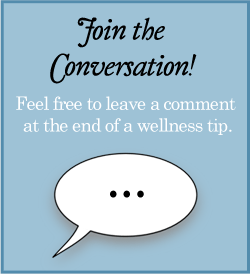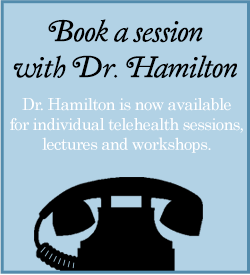 Do You Have an Eating Problem?
Do You Have an Eating Problem?
Most eating problems start off with a simple diet. At first, the choice to cut back on certain foods, such as sugar or animal products, may reflect an earnest desire to better yourself. The danger occurs when you start putting your health at risk, all for the sake of dieting. While everyone does not develop an eating disorder after they have been on a diet, it pays to be aware of the signs and symptoms before it takes over your life.
Anorexia Nervosa
Unlike the majority of dieters who go back to old eating habits, you’ve managed to cut back on calories, fat, and/or sugar to the point where everyone is saying you look too thin. Instead of worrying that you’re losing muscle and bone density if your menses have stopped, you feel a strange sense of accomplishment. Still, the weakness and fatigue aren’t fun, especially if you exercise. Neither is the fact that you feel guilty every time you eat. While the common perception is that anorexics just diet, a subset also binge, purge, exercise excessively, and abuse laxatives and diuretics. Your “healthy” diet is now placing your future in jeopardy.
Bulimia Nervosa
People who develop bulimia nervosa are often former anorexics. Why? It seems that years of evolution have programmed the body to increase hunger signals and slow metabolic rate in the face of starvation. After months of sticking to a low-calorie diet, your body says “It’s time to eat!” Suddenly, you feel out of control and wolf down an excessive quantity of food within a two-hour period. It could be as much as a whole pizza, a quart of ice cream, and a loaf of bread. Desperate measures to control your expanding waistline follow (even though they don’t work), like purging, compulsive exercise, laxatives and diuretic abuse.
What Can You Do?
Even if you exhibit only a few signs of disordered eating, it is important to nip the problem ASAP. Look for a registered dietician near you or consider an eating disorder hotline on the resource page.








